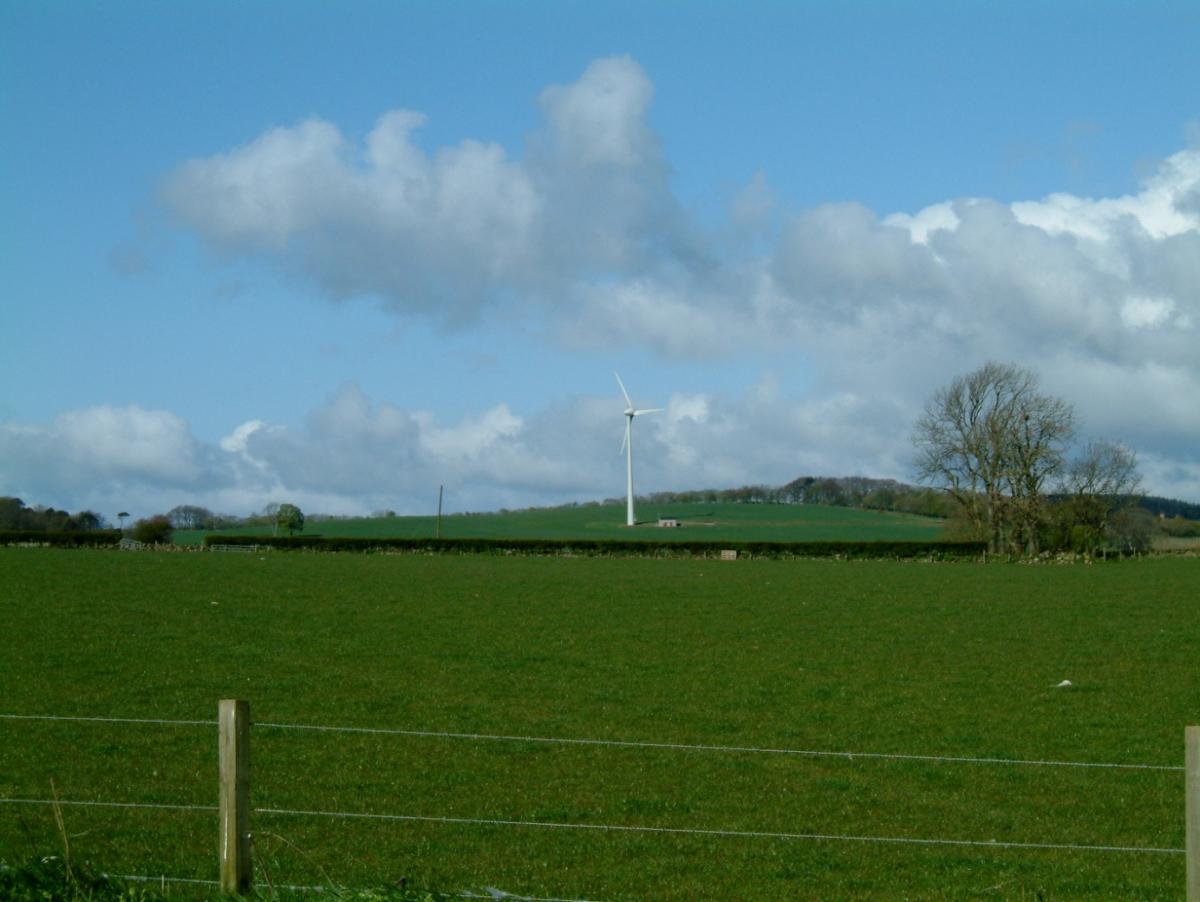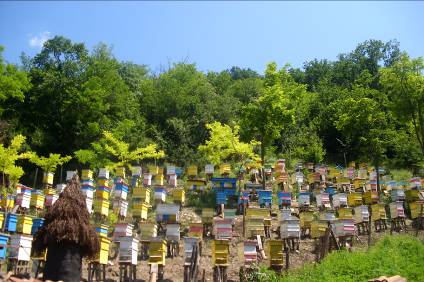Project Overview
'FarmPath' (Farming Transitions: Pathways towards regional sustainability of agriculture in Europe) is a three year collaborative research project funded through European Commission’s Seventh Framework Programme, which ran from March 2011 to May 2014. A project introduction slideshow is available here.
The overall goal of FarmPath was to identify and assess future transition pathways towards regional sustainability of agriculture in Europe, and the social and technological innovation needs required to initiate and progress along these pathways.
Why Study ‘Regional Sustainability of Agriculture’?
Over the past decade the transition towards increased sustainability in agriculture has been a central theme in the work of governments, NGOs and research institutions. Various publications, including the European Commission White Paper on Adapting to Climate Change (2009) identify the importance of increasing sustainability of agriculture in order to meet future challenges. However, despite the adoption of the notion of sustainable development of agriculture as a basic EC policy principle, it is becoming increasingly clear that changes are needed to ensure that agriculture in the EU can meet the increasing range of public goods and functions desired by European citizens (e.g. safe and high quality food, renewable energy and fibre production, maintenance of the environment, viable rural communities, recreational and amenity landscapes). At the same time, European farmers are dealing with fluctuating commodity prices, a changing subsidy regime, disease risks and outbreaks, extreme weather events, and a perceived shortage of young people interested in becoming farmers.
In FarmPath, we propose that no single farm or farming system can or should be expected to meet the full range of public and industry demands on agriculture. Instead, we propose that increasing sustainability of agriculture is best addressed by enabling flexible combinations of farming models. These models vary to reflect the specific opportunity sets embedded in regional culture, agricultural capability, diversification potential, ecology and historic ownership and governance structures. Of particular interest are the approaches to farming which most interest young people – we believe this is a key element in the social and economic sustainability of farming systems. References


On-farm renewable energy production in Aberdeenshire, Scotland (Photo courtesy of Lee-Ann Sutherland)
What do we mean by ‘Transition towards Sustainability’?
In FarmPath, sustainability of agricultural systems is defined as an ongoing, adaptive process of enabling farming households and members of the agricultural production and consumption chains to respond to the changing needs and preferences of consumers and citizens, through flexible combinations of farming models and provision of a suite of public goods and agricultural functions at regional level. In order to move towards increased sustainability, transition needs to occur (Darnhofer et al., 2010).
In FarmPath, transitions refer to important changes in functional systems (Kemp and Martens, 2007). They involve several sectors or sub-sectors as well as a range of societal actors at different scale levels. Through the interdependency and co-evolution of these, society or an important societal subsystem, fundamentally changes. A transition is thus qualitatively different from an incremental change that is limited in scope (e.g. does not affect a whole sector of the economy), in time (is only a fad and does not stabilise) or in space (only takes place in some region). Transitions are the result of long-term processes of fundamental change that incorporate processes of societal, ecological, economic, cultural, technological and institutional co-evolution (Loorbach and Frantzeskaki, 2009). For a transition to occur different developments at the local, regional and national level have to come together, causing a development pathway based on new practices, technologies, knowledge, institutions social organisation and different guiding principles and values.
To do justice to the complexity and multidimensional character of choices, the assessment of alternative options needs to be a participatory process (Scoones et al., 2007; Plummer, 2009). Indeed, the system that is deemed desirable and thus the objective of transition, will need to encompass different scales (of time and space), multiple dynamics and actors. Only through participatory processes is it possible to adequately address the legitimate multiple viewpoints as well as the uncertainty inherent in the alternative systems and alterative pathways to these systems (Darnhofer and Loibl, 2007). An important step is thus to identify and assess future transition pathways, i.e. envisioning sustainable future trajectories. We address this using transdisciplinary research, involving stakeholders directly in the research process. References
Budget and Funding for FarmPath
Thetotal budget for the FarmPath project is €2 078 072.80.The funding from the European Commission is €1 498 893 Euro, or 72% of the total quantifiable cost.The remainder is provided through the project partners.
References:
Commission of European Communities (2009) Adapting to climate change: Towards a European framework for action. Brussels.
Darnhofer I, Bellon S, Dedieu B, Milestad R (2010) Adaptiveness to enhance the sustainability of farming systems. A review. Agronomy for Sustainable Development 30(3): 545-555.
Darnhofer I, Loibl MC (2007) Experiences from transdisciplinary workshops: Co-learning about the effects of global change on farming and rural areas. Paper presented at the XXII Congress of the European Society for Rural Sociology held 19-24 Aug 2007 in Wageningen, the Netherlands.
Kemp R, Martens P (2007) Sustainable development: How to manage something that is subjective and never can be achieved? Sustainability: Science, Practice & Policy 3: 5-14.
Loorbach D, Frantzeskaki N (2009) A transition research perspective on governance for sustainability. Paper presented at the conference: “Sustainable development: A challenge for European research” held 28-29 May 2009 in Brussels.
Plummer R (2009) The adaptive co-management process: An initial synthesis of representative models and influential variables. Ecology and Society 14: 24.
Scoones I, Leach M, Smith A, Stagl S, Stirling A, Thompson J (2007) Dynamic systems and the challenge of sustainability. STEPS Working Paper 1. Brighton: STEPS Centre.




